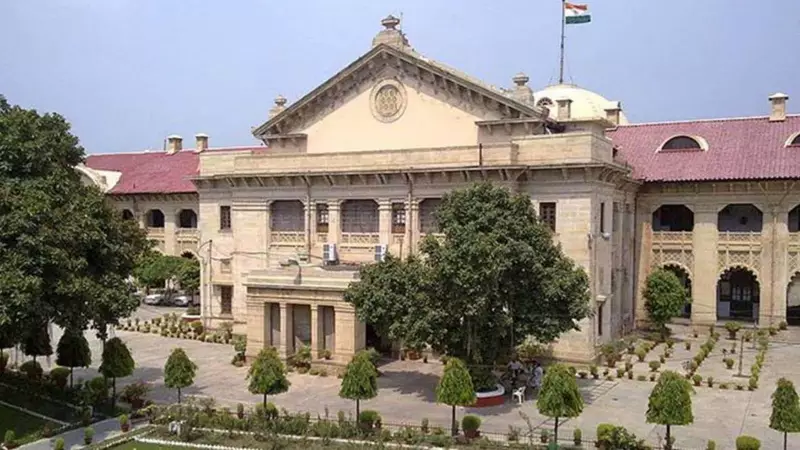
In a groundbreaking judgment that reinforces constitutional rights, the Allahabad High Court has delivered a significant blow to the controversial anti-conversion law in Uttar Pradesh. The court has quashed a First Information Report (FIR) filed against an interfaith couple, marking a crucial victory for personal liberties and religious freedom.
Court Upholds Constitutional Rights
The bench, comprising Justice Arun Kumar Singh Deshwal, strongly emphasized that the right to choose one's life partner is a fundamental right protected under Article 21 of the Indian Constitution. The court observed that the state cannot interfere with personal decisions regarding marriage, provided both parties are consenting adults.
The Case That Sparked the Ruling
The legal battle began when an FIR was registered against a Muslim man and a Hindu woman under Sections 3 and 5 of the Uttar Pradesh Prohibition of Unlawful Conversion of Religion Act, 2021. The complaint alleged that the man was involved in religious conversion for marriage purposes.
However, the High Court found several critical flaws in the case:
- The relationship between the parties was consensual between adults
- No evidence of force or coercion in religious matters
- The woman had voluntarily chosen to convert to Islam
- Both individuals had exercised their fundamental right to choice
Legal Precedent Set
This ruling establishes an important legal precedent regarding the interpretation and application of anti-conversion laws in India. The court made it clear that these laws cannot be used to harass interfaith couples who have entered into marriage willingly.
The judgment stated: "The right to choose one's partner is intrinsic to the right to life and personal liberty. The court must protect this fundamental right from unnecessary state interference."
Broader Implications
Legal experts believe this decision will have far-reaching consequences:
- Provide stronger protection for interfaith couples across Uttar Pradesh
- Set guidelines for proper implementation of anti-conversion laws
- Reinforce constitutional protections for personal choices
- Prevent misuse of legal provisions to target consenting adults
The ruling comes at a time when several Indian states have implemented similar anti-conversion laws, often referred to as "love jihad" laws. This judgment serves as a crucial check against potential misuse of such legislation.
What This Means for Future Cases
Legal analysts suggest that this ruling will empower other courts to take a similar stance when dealing with cases involving consenting interfaith couples. The emphasis on constitutional rights over state interference marks a significant development in Indian jurisprudence regarding personal freedoms and religious choice.
The Allahabad High Court's decision is being hailed as a victory for civil liberties and a reminder that constitutional rights must prevail in matters of personal choice and religious freedom.






